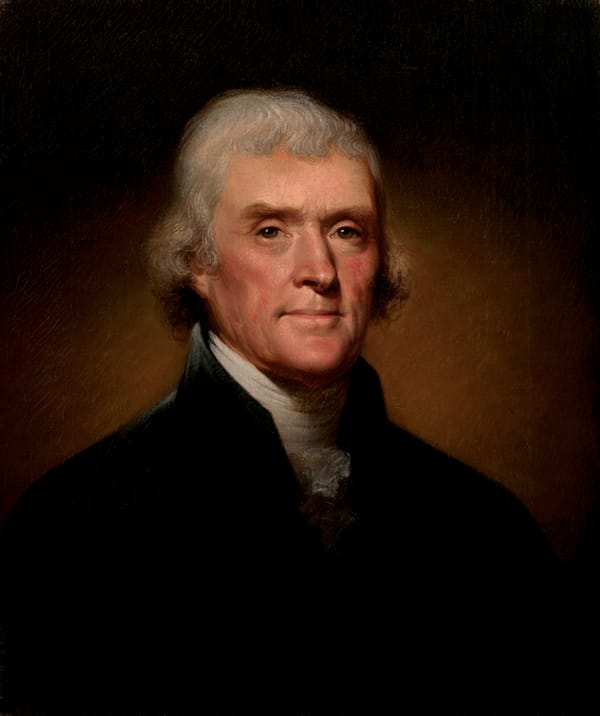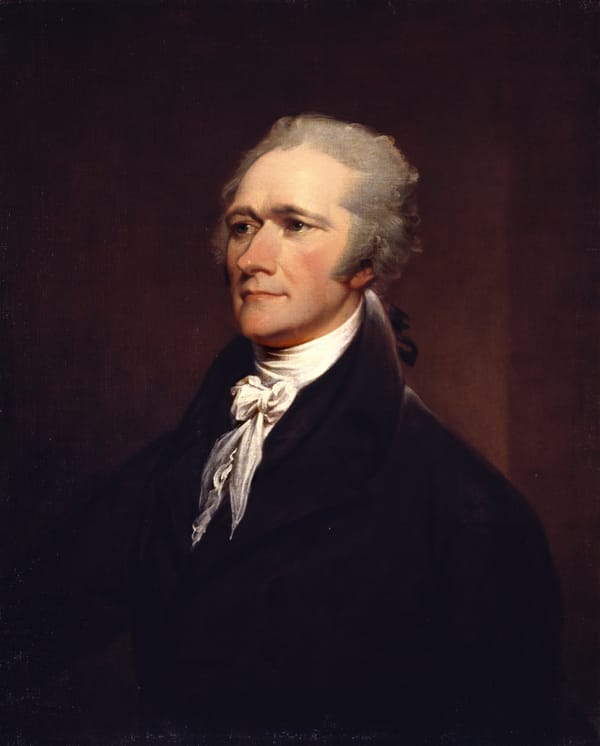Facts + Result: Trump Immunity Edition
Back in law school I developed a strategy for doing large amounts of casebook reading very quickly. You can learn the vast majority of what you need to know about a legal decision by just reading the essential facts of the case – what happened, who are the parties, what's the basic dispute, who's asking for what – and then skipping to the end and seeing who won.
This means skipping, yes, the entirety of the actual legal reasoning in the opinion. The thing is, you don't really need that? Partly this is because you can figure out the reasoning that connects the facts to the result for yourself. But it's also partly because... from a certain perspective, all a case is is its facts and its result. We can think of law as a function, with "what happened?" as the input and "what result?" as the output. Each case is a point along the curve, and when you add lots and lots and lots of cases together you get a sense of the shape of the thing. That's how the common law works.
This approach stood me in good stead with, say, NFIB v. Sebelius, the 2012 ACA case (not to be confused with the various, even dumber ACA cases). John Roberts had lots to say about how the individual mandate was not within the scope of the Commerce Clause. But, goddamn it, at the end of the day he upheld the thing! It was within the lawful powers of Congress! If Congress wants to do another Thing Like That, NFIB stands for the proposition that it's allowed to do that!
You can think of this as analogous to Rachel Maddow's maxim "watch what they do, not what they say," if you like. And I think it's a helpful lens through which to view today's decision in Trump v. United States. Admittedly that's a little tricky because it's... not altogether clear what they did? Since they just remanded the case to the lower courts to contemplate on remand whether the various charges against Trump cover his "official" acts or not. But I think that's why it's particularly important to focus on the handful of specific things they did say.
All conversations between the President and Department of Justice officials are part of the former's "conclusive and preclusive" authority, evidently. (I think this means the portion of the president's authority that comes from the Constitution itself, rather than from Congress?) The Court has a lot to say about how deciding which crimes to prosecute is what the executive power is all about. And that's... that's kind of true, except... I dunno, telling DOJ to do sham prosecutions of your political opponents seems like kind of an abuse of that power to me? You might almost call it a violation of the Take Care Clause or something. And I certainly wouldn't want to rule out a priori the idea that abuses of those core powers could potentially be made criminal.
Does this imply that the President as a matter of law is incapable of committing obstruction of justice??
Essentially, that the President is Justice?!
The actual doctrinal test the Court sets forth in this case doesn't sound that outrageous. It's unquestionably true that the president can't be prosecuted for things that were within his actual constitutional authority! And while I disagree that "official acts" that are ultra vires, i.e. not actually authorized even though undertaken in an official capacity, should get any kind of immunity, it's not utterly crazy. That is the rule for the President's immunity from civil liability; I don't think the same ought to apply to criminal liability, but I kind of get how a person might.
But if you just look at the facts and the result... the facts are what Donald Trump did, the result is "the Supreme Court thinks maybe he had constitutional authority to do that." That's really bad!

